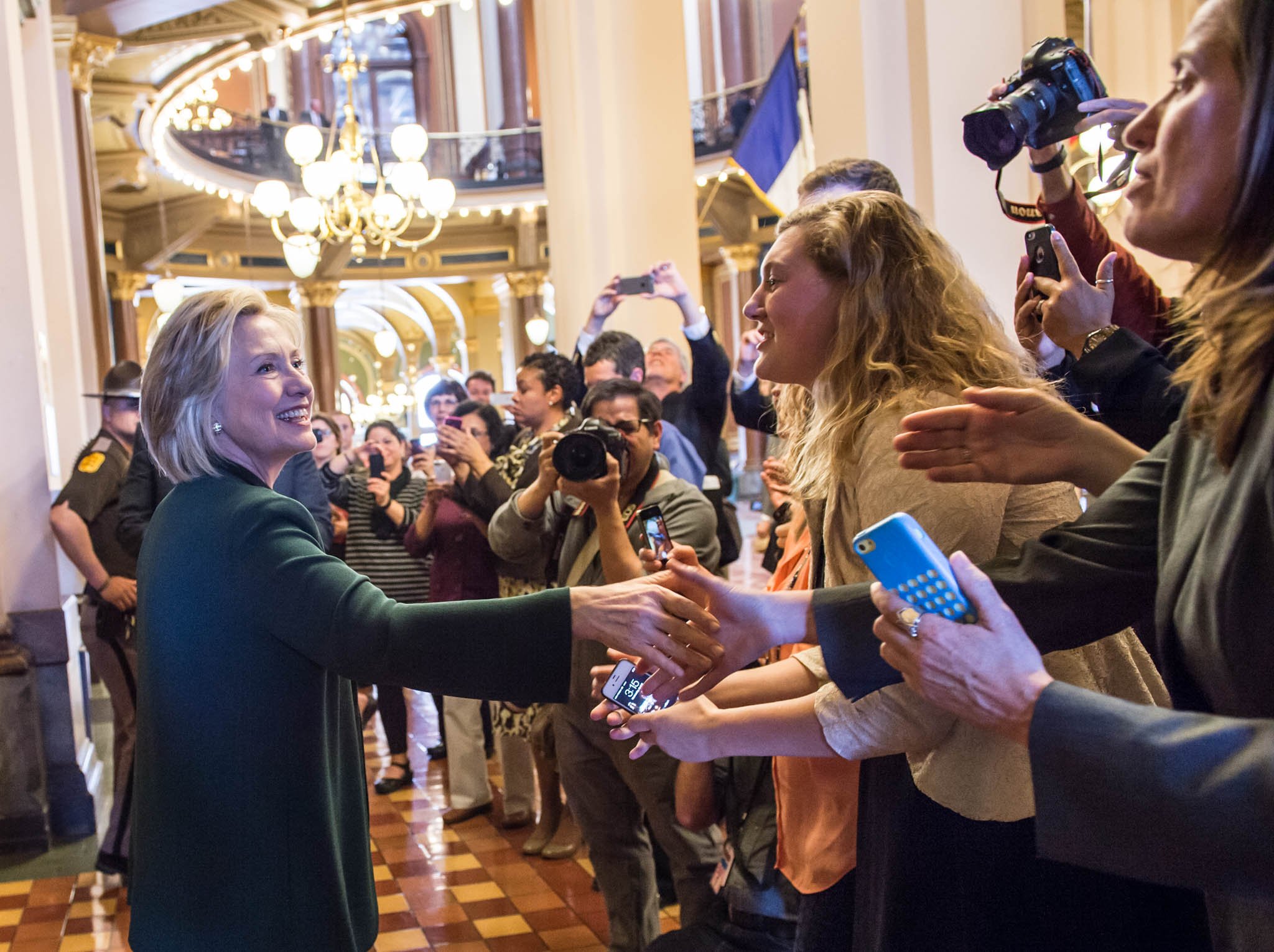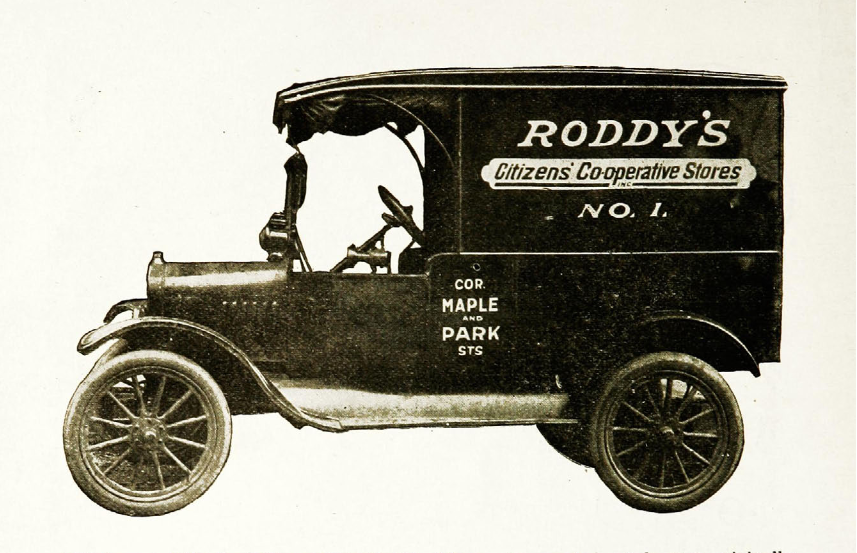
ESSAYS

Ergodicity and Neo-Americana: Why A Long-Term Look Always Shows the True Picture
Discover the emerging Neo-Americana literary movement that's revolutionizing contemporary American fiction through innovative ergodic storytelling techniques. This comprehensive analysis by Daniel Woods explores how authors are integrating authentic historical documentation—primary sources, photographs, government documents—directly into fictional narratives to create revolutionary reading experiences.
Learn how Neo-Americana differs from traditional American literature, why ergodic theory matters for modern storytelling, and how this movement resists institutional sanitization through randomized distribution methods. Woods examines the historical context from Mark Twain to John Steinbeck, explaining how contemporary authors can avoid the co-optation that neutralized previous literary movements.
Essential topics covered: ergodic literature theory, historical fiction methodology, anti-establishment writing techniques, temporal architecture in storytelling, and the future of politically engaged American literature.
Perfect for literary theory students, contemporary fiction writers, and American literature enthusiasts.

Land Back & Free Palestine
"Land Back & Free Palestine" is a powerful personal essay that connects the Palestinian liberation struggle to Indigenous rights movements and American history. Author Daniel Woods, writing from his experience growing up on traditional Apache land, traces his transformation from patriotic idealism to understanding America's colonial contradictions. He argues that Palestine represents a test case for occupied peoples worldwide, examining how the same colonial patterns that shaped America continue globally. Combining policy analysis with personal reflection, and anchored by Frederick Douglass's famous 1852 speech questioning Black Americans' relationship to Independence Day, Woods offers a compelling argument for seeing current liberation movements as part of America's unfinished justice work.




As the government consolidates power for itself, the GOP, and the coming Trump aristocracy, the welfare of the general people has fallen into a state of such disrepair that it exists as little more than shredded wisps of what once was. My own generation – raised as we were on picket ideals and universal justice and perpetual prosperity for all – saw but a glimpse of what was once within reach for all in our nation regardless of race, orientation, identity, or creed. Today, a near half-century of austerity has finally crept from its deregulatory cocoon in the form of inequality and impoverishment for all.